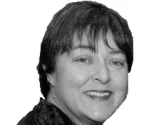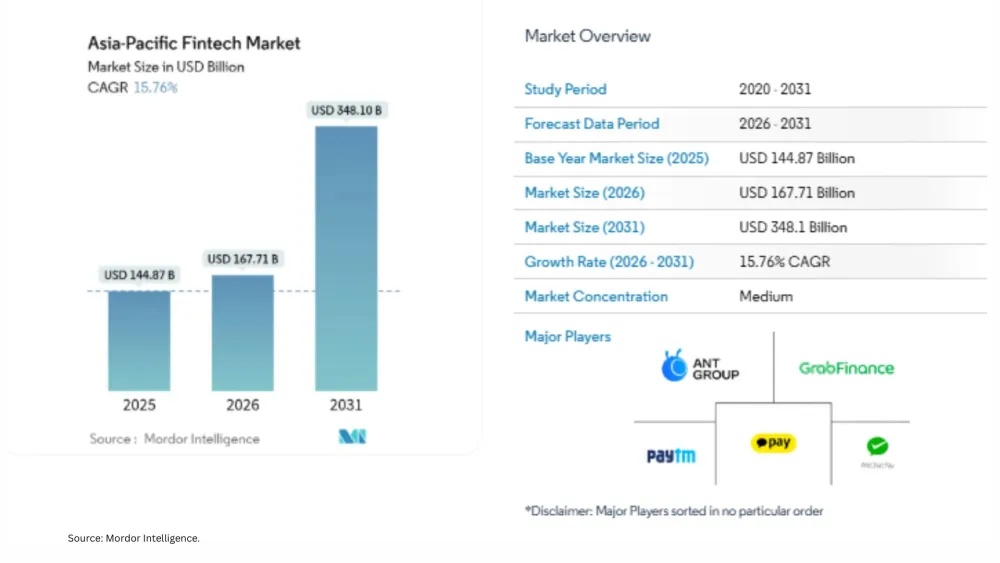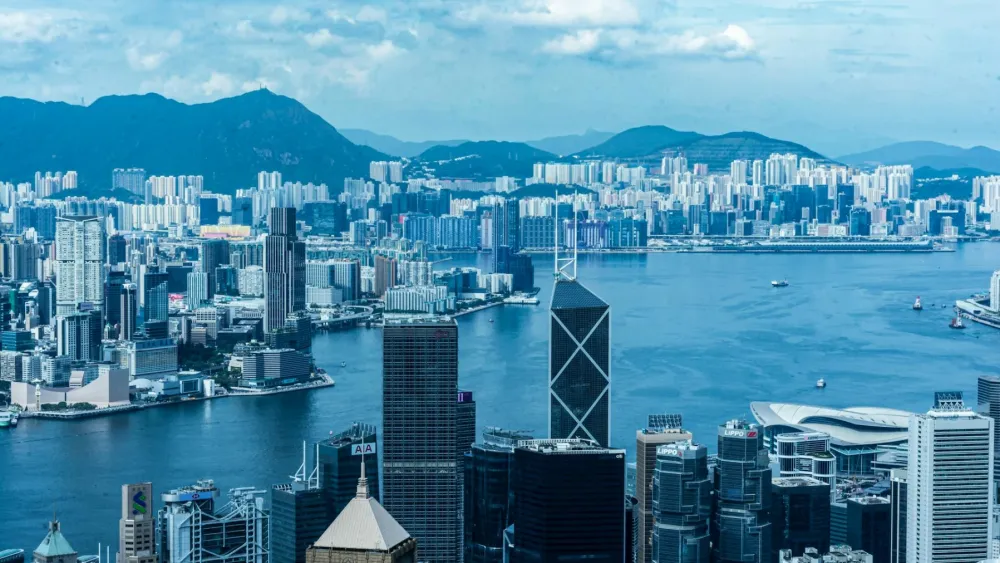What you can do to improve access to finance
By Betty WilkinsonDid you know that there are over 2.5 billion people without any bank accounts in the world, and most of them are in Asia? And less than one quarter of the world’s 2.4 billion poor have a bank account. Managing their money using formal financial services – savings accounts, loans, insurance, and remittances -- is a wonderful, terrible, impossible dream for many, many families.
If so few people are included in formal financial systems, what has changed and why are we more optimistic about improving access to finance for the poor? What are ADB and other development partners doing about it? And finally but most importantly, how can you help?
There are three reasons why we can be hopeful. First, we know a lot more about the poor and their money. Stuart Rutherford in his wonderful book called Portfolios of the Poor reminds us by his research that the poor live rich diversified financial lives, largely using informal finance. They borrow and save with neighbors, send money home to the village, take advances on wages, leave money with others to prevent using it for immediate demands, insure each other. And most of these people don’t have access to formal services. A woman in Bangladesh in his book says, “Unless you manage your money, you can’t manage your life.”
Second, we know a lot more about the relationship between money and poverty. The research clearly shows that in places where there are more varied financial services that reach more people, economies grow faster. Everyone gets richer, and (nice surprise) the poor become less poor a bit faster. Economic growth is more inclusive, and more families benefit, when finance works for the poor.
Because we know more, we can do more. The Group of 20, or G20, is a group of finance ministers and central bank governors from 19 of the world's largest economies and the European Union. Their mandate is to promote growth and economic development across the globe. In 2010 the G20 set up a key program for worldwide financial inclusion, complete with a set of nine Principles, an Action Plan, and a Global Partnership with real money and tools. India’s central bank set up and is implementing a financial inclusion strategy. So did the central bank in the UK, and in Nigeria. Thailand is moving ahead on this process with ADB support. From Armenia to Zambia, nations are working to improve financial services for their people.
Other organizations also play critical roles, and here are some examples. The Alliance for Financial Inclusion has 100 central banks worldwide working on the problem collaboratively. The International Labor Organization has made over a decade of real difference introducing microinsurance to the poor all over the world. The Consultative Group to Assist the Poor (CGAP) – an important think tank for the last fifteen years – has helped expand financial inclusion options and investment in mobile banking and other cutting edge areas. The ADB has provided over $2.6 billion for microfinance and financial inclusion to its developing country members. The World Bank has a global database – Findex -- showing where the gaps are.
Technology is helping us improve access, particularly with something called mobile banking. In the Philippines people without a bank account can open an electronic money “wallet” virtually in their cell phone. They can put in money, take it out, send money, make payments, all by texting on their mobile phone and working with mobile banking agents in small stores everywhere. Mobile banking is secure, helps people manage money, and gives them access. Banks and insurance companies are starting to provide additional services to these clients by using agents. Mobile banking is now widespread in countries such as Brazil and Kenya, even in the most isolated areas. In Kenya there are far more people with mobile money wallets than people with bank accounts.
If you are financially included, you can be cheated. Microfinance organizations have led the world in responsible finance, ensuring every client has clear and understandable information about every product and that they make free, informed choices. Clients have ways to complain and get problems addressed. They can learn more about how to use financial services to empower them. Organizations agree to be fully transparent about everything they do. Accion leads a worldwide voluntary system called the SMART campaign that organizations enroll in and swear to abide by these principles. And they pay the costs to deliver and be audited to prove it. Don’t we all wish our own banks and insurance companies did the same?
Third, what can you do to help ensure people can choose to engage in a wide range of affordable, understandable, useful financial services? The most important thing is that you are reading this. You are informing yourself and trying to understand. You can also read – there are some great resources, CGAP has focus notes of one to five pages on a wide variety of topics so they can also help. Just Google them.
You can put access to finance into your own ways of thinking about your work and your life. How do you use financial services? How will people physically pay for the electricity or clean water supply you are helping generate? Can it be made easier? When a road is being built can you help workers save to take money home to invest? Can you ensure they are insured against injury? Can you include financial education in the curriculum of the education or social protection work you are doing? Can you buy or sell to people using mobile money? Can you give your time or your money to help? Can you encourage those you work with to better understand this topic and share with others? Make people without access to finance real and you can find ways to make a difference for them.
_____________
https://blogs.adb.org/blog/what-you-can-do-improve-access-finance




















 Advertise
Advertise














